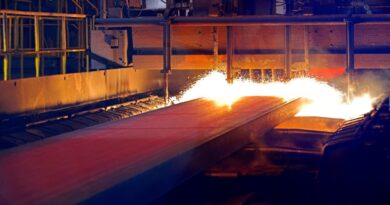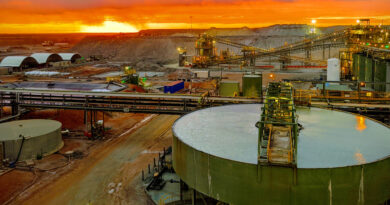Copper demand is expected to nearly double
According to a study by S&P Global, copper demand is expected to nearly double from 25 million tons today to about 50 million tons by 2035 in order to deploy the technologies needed to achieve net-zero targets by 2050.
Based on current copper production trends, we will experience copper shortfalls of 10 million tons by 2035. In fact, by 2050, the world will only be producing 20 percent of the copper needed to meet the net-zero climate goals. Bridging this gap will require significantly more copper mines, copper recycling and enhanced copper leaching processes.
This means more deposits need to be discovered and mines built at a pace that seems unlikely given the drawn out timeframes to secure government and community approvals. To even come close to achieving this pace, we are going to need to bank as much goodwill and trust as possible by demonstrating that we are responsible actors guided by strong values. Whilst the global mining industry contributes nearly $2 trillion dollars in economic and social contributions globally, apart from some local recognition and acknowledgement in certain communities and countries, the world at large continues to view us with suspicion. This is in part due to the darker legacy of mining from decades ago, but also the high profile tailings dam disasters in our recent past.
Will throwing more money at the issue change how we’re perceived and accelerate the pace at which new projects are brought online? Perhaps, but companies all know the margins mining businesses generate, and there’s a point at which projects and operations become economically unviable.
As such, we need to think more than just transactionally. This will require us to leverage the capability, creativity and goodwill of our workforces and community partners to anchor our decisions and actions in people-centric approaches.
It is about establishing and maintaining long lasting relationships built on trust and respect, relationships that have at their foundation the creation of safe, healthy and equitable workplaces.
Workplaces that value differences and ensure everyone feels safe, and are safe. Trust and respect is built from this foundation as our workforces are members of our neighboring communities who are, in turn, constituents of their respective nations.




